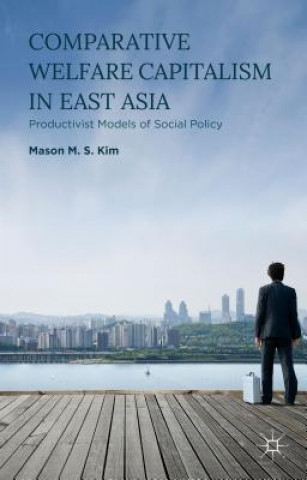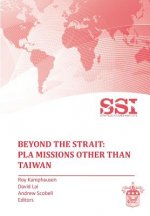
Dostava
Savjetnik za kupnju





Proizvod vam ne odgovara? Nema veze! Možete nam vratiti unutar 30 dana
 Poklon bon
u bilo kojoj vrijednosti
Poklon bon
u bilo kojoj vrijednosti
S poklon bonom ne možete pogriješiti. Za poklon bon primatelj može odabrati bilo što iz naše ponude.
Comparative Welfare Capitalism in East Asia
 Engleski
Engleski
 154 b
154 b
30 dana za povrat kupljenih proizvoda
Moglo bi vas zanimati i


Social welfare in East Asia has been mainly determined by productivist principles of minimal social rights, reinforcement of the position of productive elements such as education and job training in society, and state-market-family relationships directed toward growth. However, despite the continuity and steadiness of its productivist credentials, the institutional design and implementation of productivist welfare are not identical in the region. This variation began in the post-War years and has become more significant since the 1997 Asian financial crisis. The author presents a set of questions concerning whether and how productivist welfarism has experienced both continuity and change in East Asia. He argues that East Asian states have evolved into three types of productivist welfare capitalism (PWC) and that economic openness and political pressure on policy makers are two causal factors behind the institutional divergence of PWC.
Informacije o knjizi
 Engleski
Engleski
Kategorija




 Kako kupovati
Kako kupovati

























